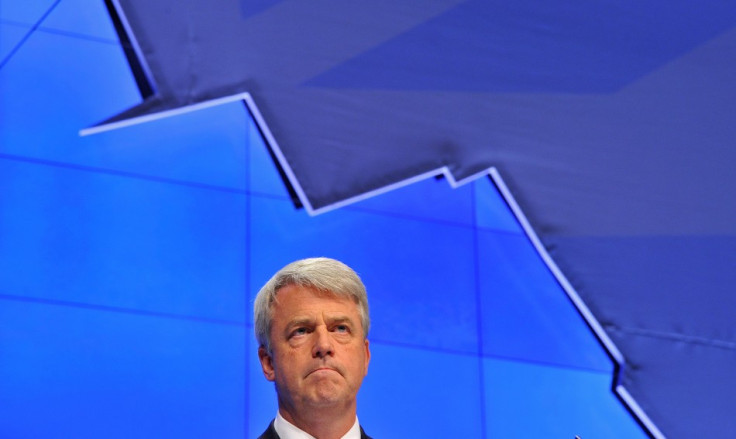NHS Reforms: How Long Can Andrew Lansley Survive?

Although health secretary Andrew Lansley was able to beat a hasty retreat from passionate opponents of his NHS reforms on Monday, it seems the repercussions for his political career may prove harder to outrun.
Lansley was caught in a corridor of the Royal Free Hospital in north London by Dr Ron Singer, who declared the coalition's Health and Social Care Bill "rubbish".
As Lansley walked on flanked by police, Singer, president of the Medical Practitioners' Union, shouted: "I am a doctor of 30 years, explain to me how this will make patients better because nobody understands your bill."
After months of public debate over the bill Lansley has had to weather a storm of criticism, but Singer's closing comments may yet prove the most pertinent.
"You have given Mr Cameron one hell of a headache," Singer shouted as the health secretary made his exit.
There is no doubt about that.
Since its first reading in January 2011, the bill, which aims to fundamentally change the commissioning structure of the health service, has been torn apart by critics for its lack of clarity and direction.
Lansley's mismanagement of the bill's presentation to the public, which has attracted an atmosphere of mistrust, has handed Labour a bat to beat Cameron with all the way to the general election.
Rumours abound that after the local elections in May, Cameron will reshuffle his cabinet and Lansley will find himself out.
A recent Guardian ICM poll saw Labour gain a one-point lead as fears over the bill's repercussions continue to grow, while the coalition faces a crisis of confidence across the health service.
The British Medical Association has come out against the bill, warning of the passing of commissioning duties to GP-led consortia causing irreversible damage to the NHS.
Concern and confusion over the bill have spread to within the coalition, as deputy prime minister Nick Clegg announced further amendments, seemingly in direct contrast to Cameron's claims that there would be no further changes.
The Lib Dems are keen to stress a watering-down of the competition elements of the bill to appeal to voters, creating tension that Labour leader Ed Miliband mocked during Prime Minister's Questions when he claimed that he did not know whether Clegg was for or against the bill.
Miliband claims the bill will be Cameron's poll tax and has repeatedly called on him to listen to the public and drop it.
With Labour on the front foot in the debate, it appears the coalition has come too far with pre-emptive reorganisation to turn back.
Former Labour rebel and outspoken critic of the reforms, Lord Owen, called on the party to campaign on the health service to put itself in a strong political position and the anti-health bill momentum appears to validate his claim.
Meanwhile the Observer revealed that Lansley has been forced to stall policy announcements on social care for the elderly to avoid another political disaster.
The coalition called in experts to assess the proposals, which would see elderly people given their own personal budgets to buy in care from private providers, to avoid more questions being raised over the privatisation of the health service.
Whether Lansley will be in the same seat when his white paper comes to the house is another question altogether.
© Copyright IBTimes 2025. All rights reserved.





















